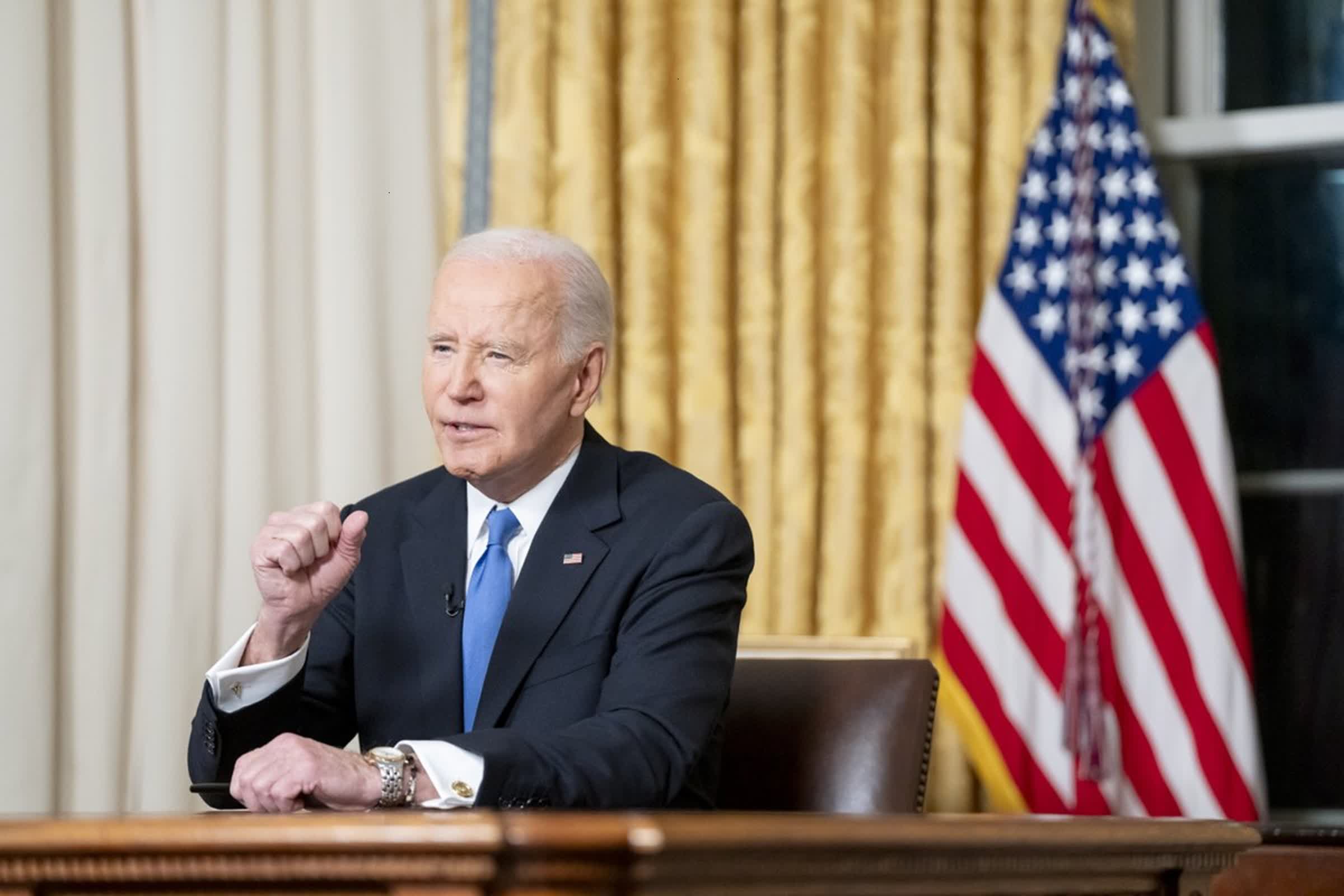Get the latest tech news
How the United States Learned to Love Internet Censorship | America was once seen as the home of the free internet. That era is now over
How the United States learned to love internet censorship
In April 2024, President Joe Biden signed a bipartisan bill, the Protecting Americans From Foreign Adversary Controlled Applications Act, designed to force TikTok to sell the Chinese-owned app to a U.S. company or shut down operations in the U.S. by January 19, 2025. In 1965, while the Cold War shaped the U.S. national-security environment, the Supreme Court, in Lamont v. PostmasterGeneral, determined that the post office had to send people publications that the government claimed were “communist political propaganda,” rather than force recipients to first declare in writing that they wanted to receive this mail. Until recently, I’d expected the TikTok ban to have the same result in the U.S.: effectively creating a nationalist subsidy protecting domestic tech providers (who, oddly enough, have been lining up to donate to inaugural parties for the incoming administration).
Or read this on r/technology_(2).jpg)



